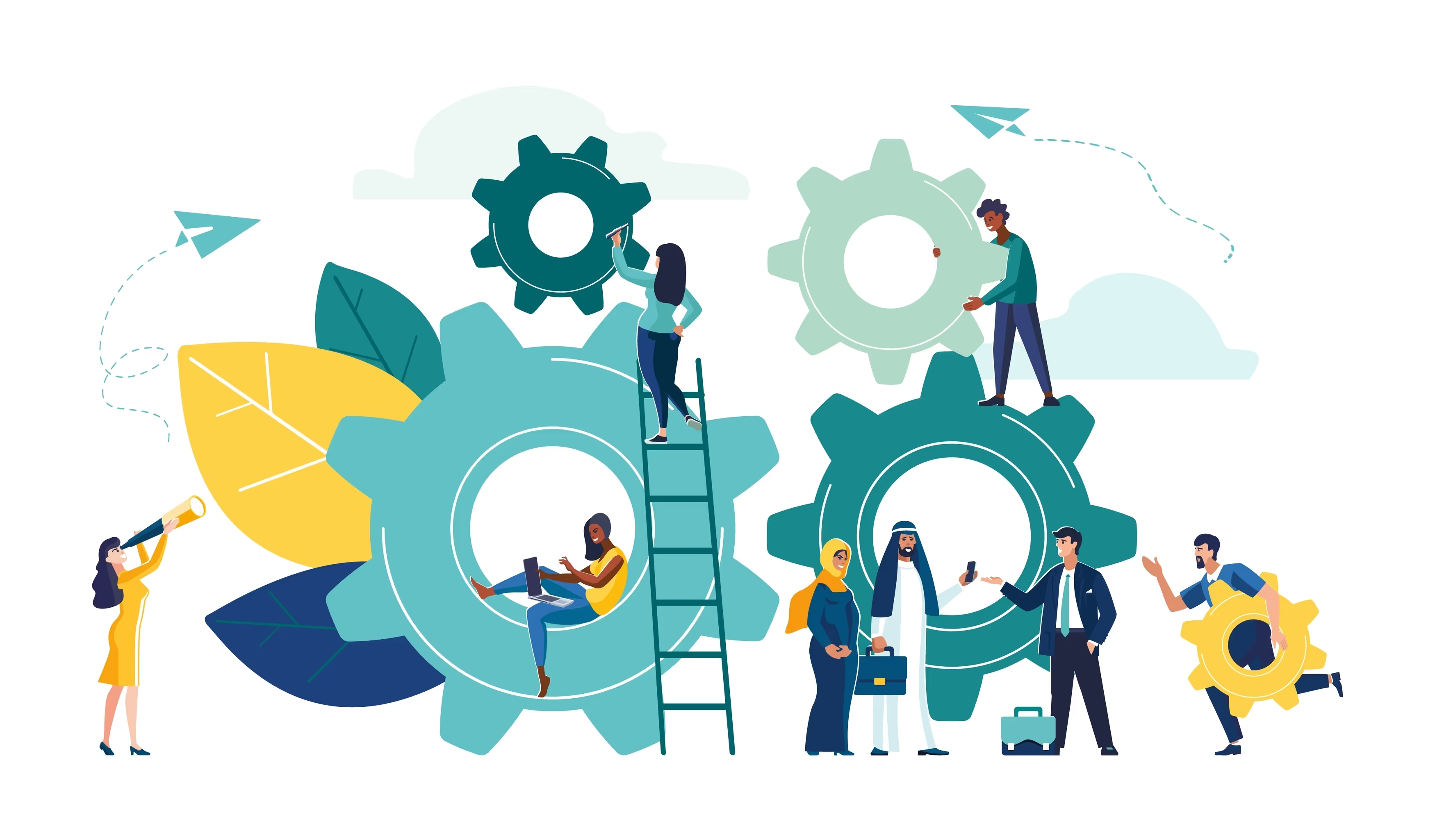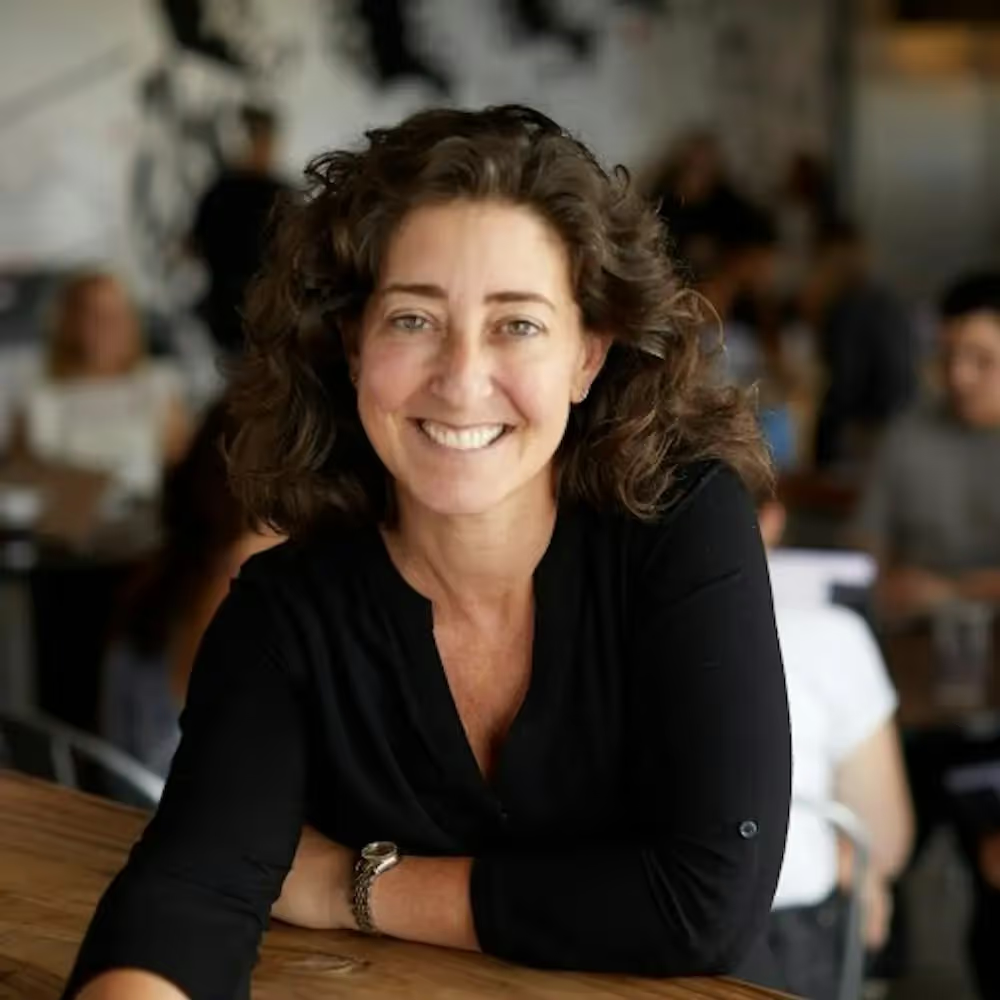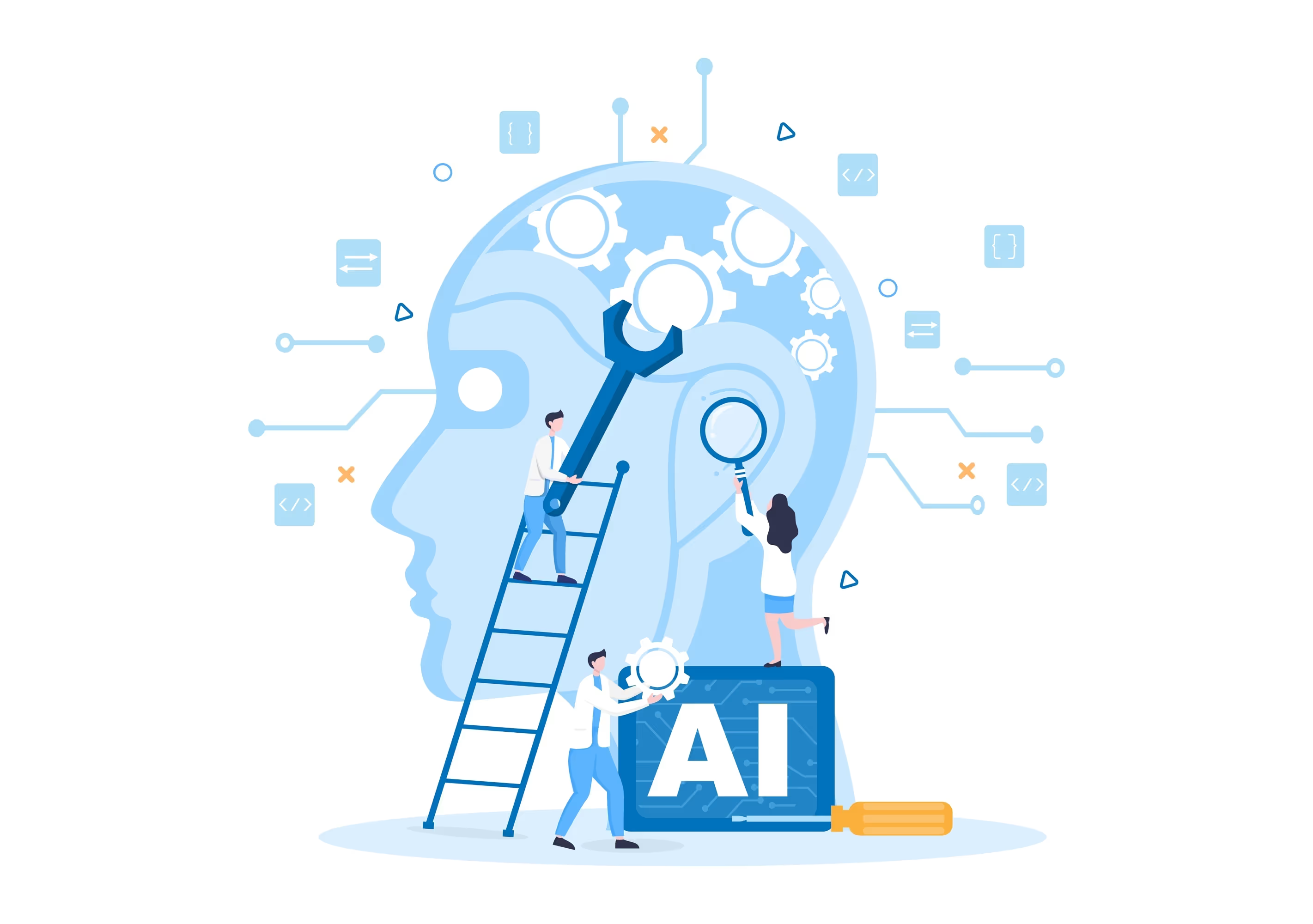Beyond Training: Creating Learning Experiences for Lasting DEI Impact

Beyond Training: Creating Learning Experiences for Lasting DEI Impact
In this dynamic and candid conversation, Elise Smith, Jarvis W. Sam III, and Lisa Henry Milano explore how DEI and Learning & Development can work together to create meaningful, lasting employee experiences. Rather than treating DEI as a one-off training requirement, the speakers emphasize building skill-based, outcomes-driven learning journeys that unteach bias, strengthen inclusive leadership capabilities, and embed equity into everyday systems and processes. Through research insights, personal stories, and practical examples, the session highlights how immersive learning, manager enablement, structured development pathways, and aligned DEI–L&D partnerships can transform culture from the inside out—creating workplaces where people feel seen, supported, and equipped to thrive.
Session Recap
Elise opens by emphasizing that DEI and L&D must evolve together—because most employees learn how to work across differences at work, not earlier in life. She positions learning as a prerequisite for equity, explaining why immersive, research-backed DEI skill building is essential in today’s environment. Jarvis expands this by describing DEI and L&D as overlapping functions with a “big Venn-diagram center,” each helping employees unlearn harmful assumptions while learning new, inclusive behaviors. He stresses that manager capability—done through both DEI and L&D lenses—has the biggest measurable impact on employee experience, innovation, and retention.
Lisa shares WESTAT’s journey—beginning with bottom-up employee energy and grassroots initiatives, eventually building structure through ERGs, DEI programs, and companywide learning experiences. Their organization’s progression demonstrates the power of starting with employee engagement, then scaling training, and finally integrating metrics and accountability. The panel also explores common challenges: territorial ownership, lack of role clarity, siloed teams, and the absence of shared accountability. Jarvis notes that many L&D and TA teams lack diversity, creating unintentional friction with DEI teams. He also emphasizes avoiding “benchmarking bias,” encouraging organizations to design for their culture—not someone else’s.
The speakers highlight best-practice models such as embedding DEI into onboarding, performance management, hiring, leadership development, and manager training. They discuss personal identity, psychological safety, and the importance of unlearning harmful norms. The session closes with a call to lean into discomfort, innovate through “net better” approaches, and embed DEI so deeply into systems that external pushback cannot dismantle the work.
Key Takeaways
- DEI and L&D have a large overlap—skill building and unlearning must happen together.
- Learning is the prerequisite to equity; people cannot practice what they haven’t been taught.
- Manager capability is the single strongest lever for inclusive employee experience.
- DEI must be embedded into existing talent systems—not treated as a standalone program.
- Avoid benchmarking bias—design for your organization, not someone else’s.
- Representation matters: diversify L&D and TA teams to avoid misalignment with DEI.
- “Net better” beats “net new”—optimize existing systems rather than reinventing everything.
- Effective partnerships require shared ownership, clarity, communication, and accountability.
- Measurement must integrate people analytics, L&D analytics, and DEI representation metrics.
- The political climate demands proactive embedding—DEI must become part of normal work.
Final Thoughts
Creating lasting DEI impact requires more than training programs—it demands intentionally designed learning experiences that connect awareness, application, and accountability. When DEI and L&D work as true partners, they build cultures where inclusion becomes instinctive, not optional; where managers lead with empathy and skill; and where every employee has access to development, support, and opportunity. This session calls leaders to embrace discomfort, embed equity into every system, and evolve with clarity and courage. Lasting culture change happens when learning is continuous, shared, and deeply human.
Program FAQs
1. Why should DEI and L&D be integrated?
Because real inclusion requires both unlearning bias and learning new behaviors—and both functions build those skills.
2. What topics should go beyond unconscious bias and microaggressions?
Psychological safety, cultural competency, intersectionality, identity covering, feedback equity, inclusive leadership, and more.
3. How can DEI be embedded into the employee lifecycle?
Integrate inclusion skills into onboarding, hiring, performance reviews, promotions, and leadership pathways.
4. What metrics matter most for DEI + L&D success?
Engagement by demographic, manager effectiveness, application of learning, progression, and promotion patterns.
5. What common obstacles arise between DEI and L&D teams?
Territorial ownership, siloed priorities, lack of diversity in L&D teams, and unclear accountability.
6. How can organizations stay innovative in DEI learning?
Prioritize net better approaches—augment existing systems, don’t rebuild unnecessarily.
7. What role do managers play in DEI?
A critical one—they are the biggest drivers of retention, psychological safety, and employee experience.
8. How can organizations address resistance or political pushback?
Embed DEI into standard processes so it becomes inseparable from normal learning and leadership.
9. When should organizations begin measurement?
After foundational skills are built—then expand into analytics, progression, and representation insights.
10. How do you design the right DEI learning journey?
By starting with organizational culture, understanding readiness, and tailoring content to real employee needs.
Hi, everyone. Thank you so much for joining us, and thank you to achieve engagement for hosting this event. I'm Elise Smith. I'm the co-founder and CEO of Praxis Labs, uh, at the highest level, Praxis Labs. As an immersive learning and development company, we're focused on helping build inclusive leadership skills across large and small enterprises. Um, and like Zach, I am so excited for this conversation. I'm glad you've joined us. Uh, and I am going to make an assumption if you're on the line or listening to the recording, you're here because you care about driving DEI outcomes, and you are a believer that l and d has a role to play in helping achieve those outcomes. Uh, and what's beautiful is you are not the only one. I agree with you. So do your brilliant panelists, Lisa and Jarvis. Uh, but I also think what makes this webinar and this community, everyone who's watching live and later so special is we are in this together. We're coming out of a year where we've seen pushback, we've seen questioning, and we're still here. We're still doing the work. And like Zach said, we have the opportunity to learn from each other, to support each other, and helping to create more inclusive workplaces and communities, helping develop our teams to celebrate different perspectives, to see each other, and to solve the, the most pressing business challenges in front of them. So I echo Zach, please keep adding your name, your role, your company, uh, your LinkedIn, in the chat, say, hi, what brought you here, what you're working on, so we can all continue to grow our network. We can all support each other, all of the folks who are doing this work day in and day out. So with that said, let's dive in. Uh, we have two wonderful humans with us today. I have questions for these folks, but we'll open it up to q and a, so add those in the chat as well. Uh, I think the best place to start is always to just learn more about, uh, the panelists that we have. And so, uh, I would love if Lisa and Jarvis, you could both share a little bit more about yourself, your career journey, what brought you to this work, uh, at the intersection of DEI and L and D, and maybe I'll start with you, Lisa. Thank you, Elise. Good. I got it set up. Usually I'm talking and I'm on mute. We got that figured out early. That's one of my greatest talents, by the way. Anyways, um, thank you for having us here. So pleased to be a part of this conversation. Um, I work for westat. I've been with WESTAT for almost three years now. We are headquartered in Rockville, Maryland. I am one of the remote employees. I'm actually located in Long Island. I saw someone mention that they're from Ottawa. I'm, I'm from Toronto, so we're neighbors welcome. Um, but, uh, like I mentioned, I've been with the company just for a little while. I will say that last year we actually celebrated our 60th anniversary. That was exciting. Uh, it was a great year for us overall. Um, in general, as a research company, our mission at a very high level is really just to improve lives through research. And that's what we really are committed to doing. Um, we are largely a government contractor and everything that that implies, um, but also I think worth noting is that we're are an employee owned company. Um, I had never worked for one before. So pleased to be working for one now. Um, I just think that it helps us to prioritize our employees because our employees are our stakeholders. So it's a very unique environment in that sense. Since, um, I will also note that we are very new to our DEI journey. Um, I would say we started formalizing, um, DEI within WestEd, probably around 2020. Um, and whereas 2020 may be a reasonable amount of time for companies that started maybe two years earlier, you know, like I said, we've been around for 60 years and have started to, to kind of formalize this. So we're, we're new on our journey, so we're learning a lot of lessons. Um, and I think that really starting this journey was driven by a few different events, um, or factors rather. Um, I would say the George Floyd event for like, a lot of people really had people stop and think, sit back and think about, okay, how are we gonna approach our work? Um, also we have very vocal employees. I think that's related to the fact that, like I said, we're an employee owned, uh, company. Um, I love the amount of engagement that comes with being a part of an employee owned company and, um, a change in leadership. So we had some changes and just leaders who were particularly, um, committed to DEI and, um, how to, how that should be defined within our company. Um, and I'll stop there. I don't have to take up all the time. You're dropping so many gems we're gonna pick up and to like the exact later. But I'm curious, you personally, what brought you on this journey? How did you get to DEI and L and D? Um, I began really in l and d. Um, but I will say early on I had, um, interests in, in, in just in DEII mean group. As a black woman, how could you not? You see things from a certain perspective, you wonder do other people see it? Um, and if they don't, how do I make them them see it? Um, I did, uh, my doctorate at Rutgers University. My dissertation topic was on, um, interviewing and negotiation skills among black professionals. I knew that in general, you know, black professionals make less money than white professionals. And really just trying to dissect that, get a sense of why that is, um, to what role do we maybe play because we don't have certain connections or we don't have certain knowledge, or we're not maybe as, as, uh, as connected in terms of learning how to negotiate and so forth. So what role does maybe the organization play? What role, you know, can we ch change or, or what dynamics can we change in order to kind of get ourselves up on a le a level playing field? And that, that's really what drove that. And so I've always kind of had a foot both in, in l and D and in DEI, and this is really the first time that I've had the opportunity to bring them together. And it's just been something that's been happening, I think, for a long time. Oh, Lisa, thank you so much for sharing. And it sounds like it's both personal, it's intellectual, um, and it's the work you do now. So excited to dive in. Jarvis, will you share a little bit more about yourself, your career journey, what brought you to the intersection of DEI and L and D? Absolutely, Elise, it's such a great pleasure to be joining you. So thank you so much to you and the practice team as well as the team at Achieve Engagement. So I currently run a DEI consulting agency called the Rainbow Disruption, where we partner with a number of Fortune 500 companies, academic institutions, and nonprofit organizations to help them recognize the capability and potential of what happens when diversity, equity, and inclusion and belonging are truly integrated and embedded in systems and processes within organizations. Uh, I've been in the space for a little over a decade now. So prior to launching my own firm, I served as the Chief Diversity Equity and Inclusion Officer for Nike, where I was for about five years in a variety of different roles. Uh, before that I served as Snapchat's very first head of De and I out in la. And then prior to that was at Google as part of their diversity and recruitment teams. Uh, but ultimately started my career with Deloitte as a strategy and operations consultant. I'm originally from the great city of Houston, Texas. I see a couple of shout outs, uh, in the chat there. And currently they'll reside both in Portland, Oregon and la. Uh, for me, my passion for this work, uh, is really threefold. First, I did a lot of coursework. I I did my undergrad degree at Rice and then my grad degree at Brown. And as part of my coursework there, I was looking at academic approaches to how we apply elements of DEI to certain industries. I saw a gap though, in the way academic institutions were talking about the work, how society engages with




.avif)





